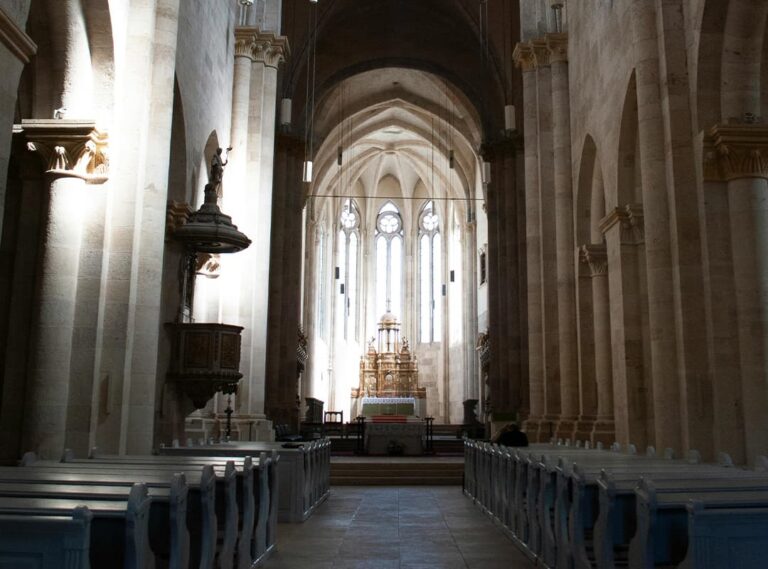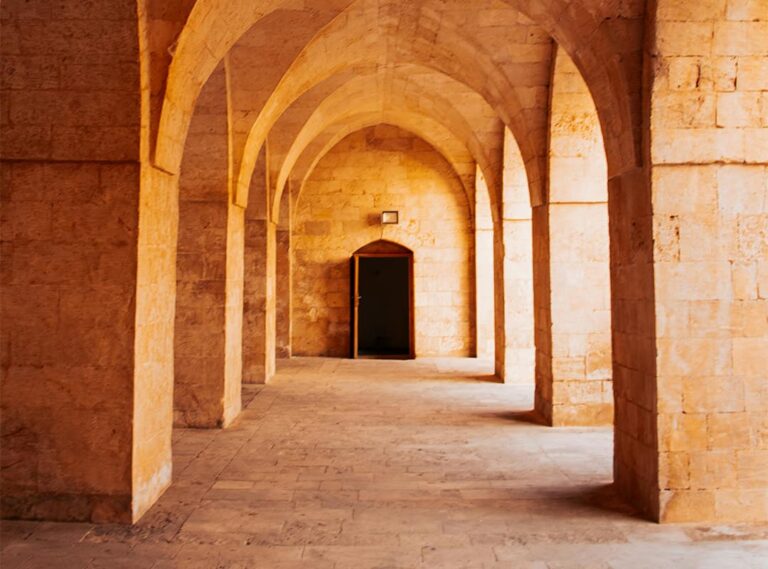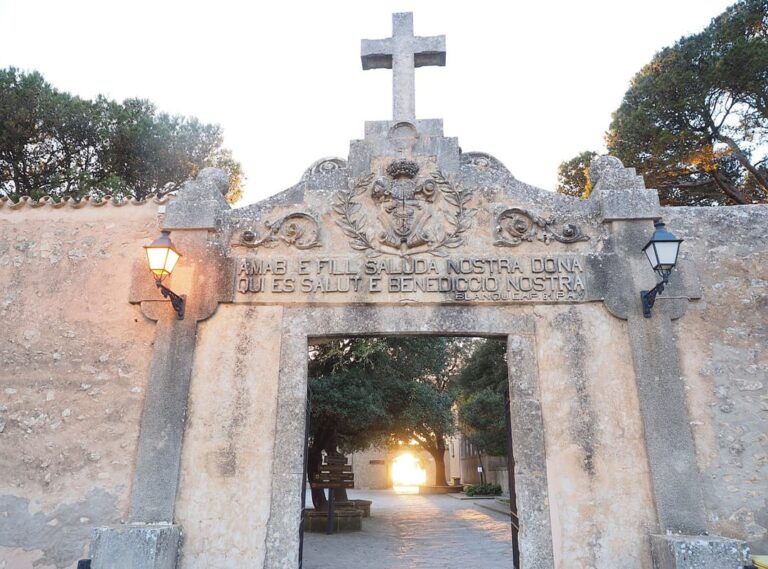The Franciscan Order, founded by Saint Francis of Assisi in the early 13th century, has had a profound impact on education throughout history. Their commitment to learning, intellectual development, and the formation of young minds has been integral to their mission of serving both God and humanity. This article explores the significant contributions of Franciscans to the development of schools and universities and highlights notable institutions such as St Joseph Hill Academy.
Historical Context of Franciscan Education
Franciscan education traces its roots back to the early days of the Order when the friars were primarily focused on preaching and service. As the Order grew, it became clear that education was a key component of their mission. They established schools and centers of learning to train their own members and to serve the broader community.
- Early Schools and Studium
- In the 13th century, Franciscans began setting up schools, or “studium,” to educate their friars and laypeople. These early institutions were often simple and focused on teaching the basics of theology, philosophy, and the natural sciences. The curriculum was designed to deepen religious understanding and prepare the friars for their preaching and pastoral work.
- Universities and Scholasticism
- By the late 13th and early 14th centuries, Franciscans played a crucial role in the development of European universities. They contributed significantly to scholasticism, a method of critical thought that dominated medieval universities. Prominent Franciscans such as William of Ockham and John Duns Scotus were influential philosophers and theologians whose work shaped medieval thought and academic inquiry.
Key Contributions to Schools and Universities
- Establishment of Schools
- Franciscans established numerous schools across Europe, from primary schools to advanced institutions of higher learning. These schools provided education not only to future friars but also to laypeople, reflecting the Order’s commitment to accessibility and public service.
- Foundation of Universities
- Many Franciscan universities were founded in the Middle Ages, contributing to the intellectual and cultural life of Europe. Notable examples include:
- University of Oxford: The Franciscans were among the early scholars at Oxford, contributing to its growth as a center of learning.
- University of Paris: The Franciscans were influential in the development of theological and philosophical studies at this prestigious institution.
- Many Franciscan universities were founded in the Middle Ages, contributing to the intellectual and cultural life of Europe. Notable examples include:
- Educational Reforms and Methods
- The Franciscans were instrumental in developing educational methods that combined rigorous intellectual training with spiritual formation. Their approach emphasized critical thinking, ethical reasoning, and a holistic view of knowledge, integrating academic and moral education.
- Global Outreach
- As the Franciscan Order expanded globally, so did their educational efforts. In the Americas and Asia, Franciscans established schools and universities that served diverse populations, often incorporating local cultural elements into their educational programs.
Notable Institutions: St. Joseph Hill Academy
One prominent example of Franciscan educational commitment is St Joseph Hill Academy, located in Staten Island, New York. Established by the Franciscan Sisters of the Poor, St Joseph Hill Academy exemplifies the Order’s dedication to providing quality education rooted in Catholic values.
- Academic Excellence
- St. Joseph Hill Academy offers a rigorous academic curriculum that prepares students for higher education and professional success. The school emphasizes a holistic approach to education, focusing on both intellectual and moral development.
- Community and Service
- Reflecting the Franciscan ethos, St. Joseph Hill Academy fosters a strong sense of community and service. Students are encouraged to engage in charitable activities and community service, embodying the Franciscan spirit of compassion and outreach.
- Spiritual Formation
- In addition to academic excellence, St. Joseph Hill Academy places a strong emphasis on spiritual formation. The curriculum includes religious education and opportunities for personal growth, aligning with the Franciscan commitment to nurturing both the mind and the spirit.
Impact on Modern Education
The Franciscan legacy in education continues to influence modern academic institutions. Their emphasis on accessibility, service, and holistic development remains relevant today. Franciscan educational institutions around the world continue to uphold these values, contributing to the formation of well-rounded, compassionate individuals.
The Franciscan Order’s contributions to education are both profound and enduring. From their early schools and universities to contemporary institutions like St. Joseph Hill Academy, Franciscans have played a vital role in shaping the educational landscape. Their commitment to intellectual development, moral formation, and community service reflects the enduring spirit of Saint Francis of Assisi. Through their ongoing efforts, Franciscans continue to inspire and educate, embodying a legacy of learning that transcends centuries.










